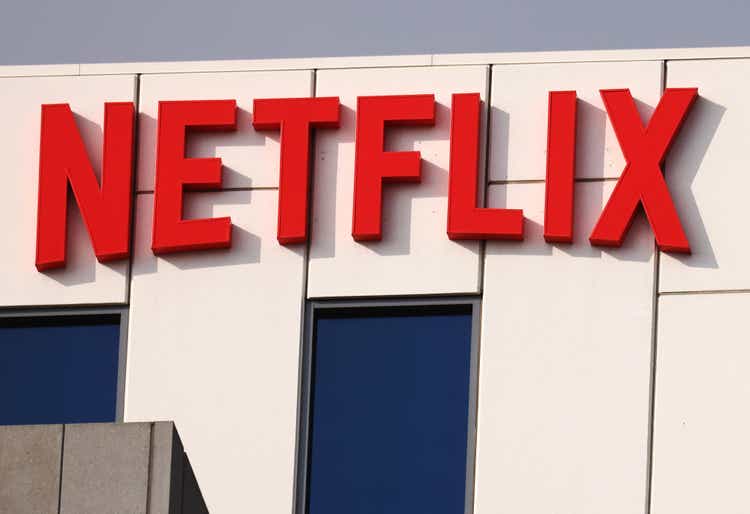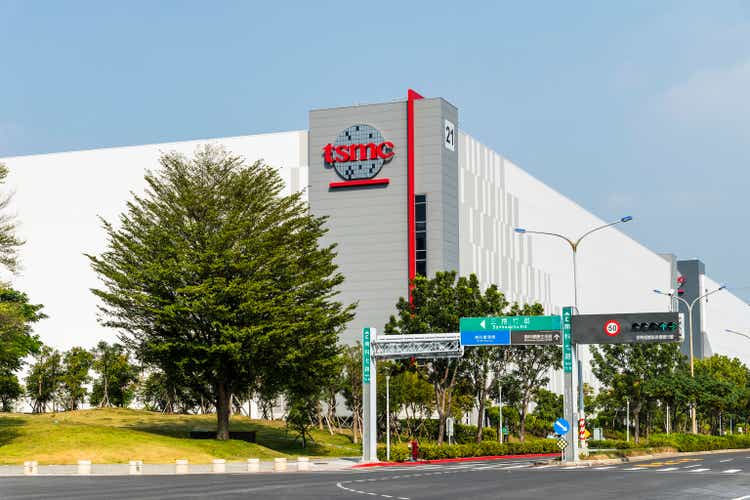Fashion brands are trendsetter of India’s e-commerce industry

By Kapil Makhija
In the last few years, India’s retail industry has emerged as one of the most dynamic and fast-paced industries with a large population of young aspiring consumers. According to the Unicommerce e-commerce fashion report, the fashion industry reported a 51 per cent order volume growth in FY 2021 as compared to the previous financial year. This showcases the immense growth potential in the fashion e-commerce domain, especially when we are moving towards the world of multiple touchpoints, where brands are looking to connect with consumers across online and offline platforms.
The fashion segment is known to be an early adopter of new technology as they continue to focus on personalization and customer experience with a digital-first mentality. We have seen a platonic shift in brand mindset, with traditional offline retail companies building an online presence and D2C and digital-first brands gradually working towards building an offline presence.
Fashion brands are the trendsetter of the retail and e-commerce industry, we have listed down how the industry is going to reshape with technology, supply-chain innovations, and building a strong customer value proposition.
Getting smarter with artificial intelligence
Artificial Intelligence is one of the most exciting technological trends in the fashion market. AI holds the potential to transform the fashion industry with customer experience as the key area of focus. Fashion is becoming all about personalized experience and brands are deploying AI technology to address every customer’s need individually. There are multiple use cases of AI, some of the common use cases are visual recognition where the algorithm recommends similar-looking apparel to customers, predicting trends by understanding social media chatters and consumer behavior, purchase recommendations based on the previous buying behavior, and time spent on various pages at the brand website, and many more.
Connecting with consumers through chatbots and conversational commerce
Another trend that is gaining momentum in fashion e-commerce or e-commerce at large is the adoption of chatbots, an increasing number of D2C brands are now using chatbots for customer-facing interactions like handling customer queries and customer engagement to cross-sell and upsell. Another interesting use case of Chatbots is conversational commerce, where companies are leveraging social media platforms like Whatsapp, Instagram, and Facebook to sell directly to consumers. It’s becoming another prominent platform for D2C commerce.
Consistent rise in D2C fashion brands
All leading fashion brands are setting up their online stores to sell directly to consumers. Fashion is one of the biggest categories with the rising number of D2C players. Companies have realized that D2C is not just about selling directly or better margins, it’s more about having better control on customer experience, along with full visibility on customer data, and direct access to consumer leverage brand loyalty. This helps brands in planning their future growth strategy. The D2C adoption has also encouraged companies to increase their investment in technology solutions and establish robust e-commerce operations to meet the rising consumer demand on the brand website. D2C brands will now further explore new digital avenues like social commerce, mobile apps to connect with consumers across various platforms and become an important part of their daily lives.
Building a strong supply chain and investing in technology
In the world of instant gratification, it has become increasingly important for brands to ensure a smooth and enhanced post-purchase delivery experience for consumers. As e-commerce volume continues to rise, brands are establishing multiple warehouses, to ensure faster order fulfillment. This has led to increased investment in supply-chain technology solutions such as order management, inventory management, warehouse management, and logistics management. These solutions enable brands to have clear inventory visibility of inventory across multiple warehouses and streamline order processing, leading to operational efficiency in the system.
Connect with consumers across sale channels with an omnichannel solution
The pandemic has accelerated the need for the adoption of omnichannel strategy amongst fashion brands. Omnichannel has been the ‘buzzword’ of modern retail for quite some time now, and companies have different ideas of how to leverage omnichannel for their business. One of the important aspects of omnichannel is to ensure a consistent shopping experience across offline and online shopping platforms. It’s a win-win situation for both marketplace and brands, as brands whose offline stores are running at low capacity are able to clear inventory and marketplaces can fulfill orders at a much faster pace by shipping orders directly from the nearest brand store, besides providing a richer assortment to the end consumers.
Strong growth of fashion marketplaces
The fashion e-commerce marketplace segment has been predominantly led by Myntra. Myntra has truly revolutionized the fashion e-commerce space and is the biggest player in the segment. However, over the last couple of years, Reliance backed Ajio and Tata-owned Tata Cliq have been able to build a strong presence with a gradually growing market share. All the marketplaces are battling for consumer attention and building brand loyalty. Indian fashion e-commerce is a huge market and there is enough scope for multiple marketplaces to co-exist and continue to grow their business.
The fashion industry of India has always been at the forefront of re-inventing, re-strategizing, and re-aligning themselves to rapidly evolving business environments and changing consumer needs. The fashion industry has also seen multiple retail brands building successful online businesses. Fashion and accessories generate the maximum order volume share of the overall e-commerce industry and will continue to lead the industry with its continuous innovations and technology adoption
(Kapil Makhija is the CEO of Unicommerce)
Checkout latest world news below links :
World News || Latest News || U.S. News
Source link



